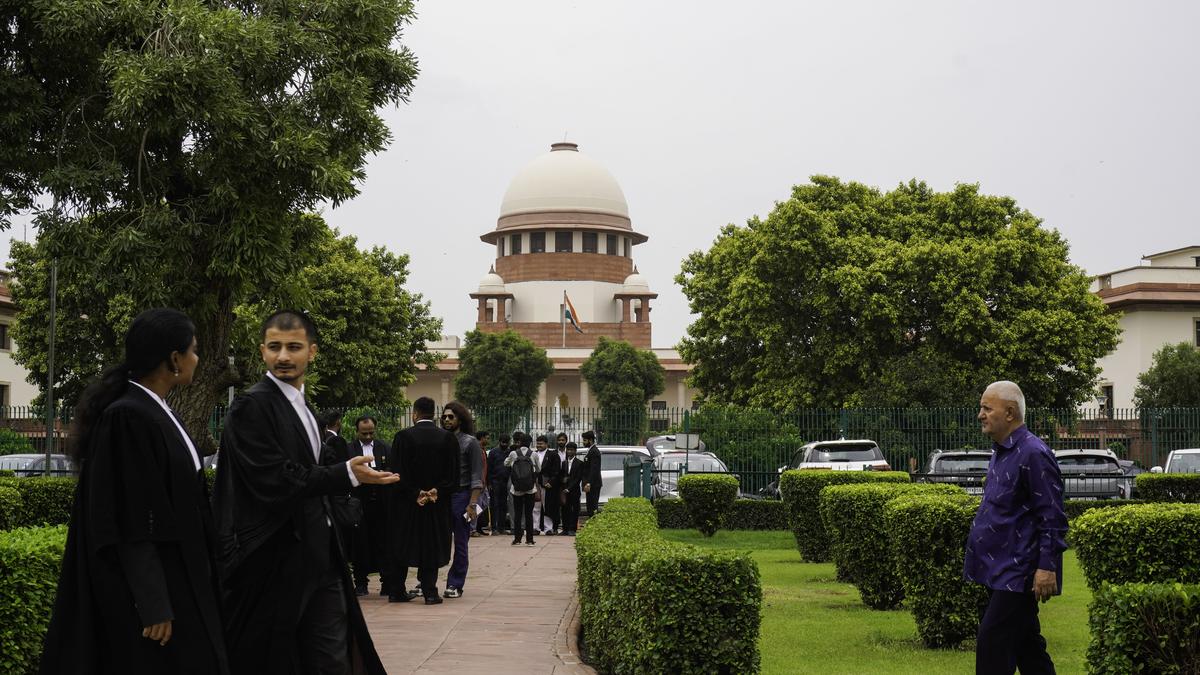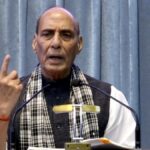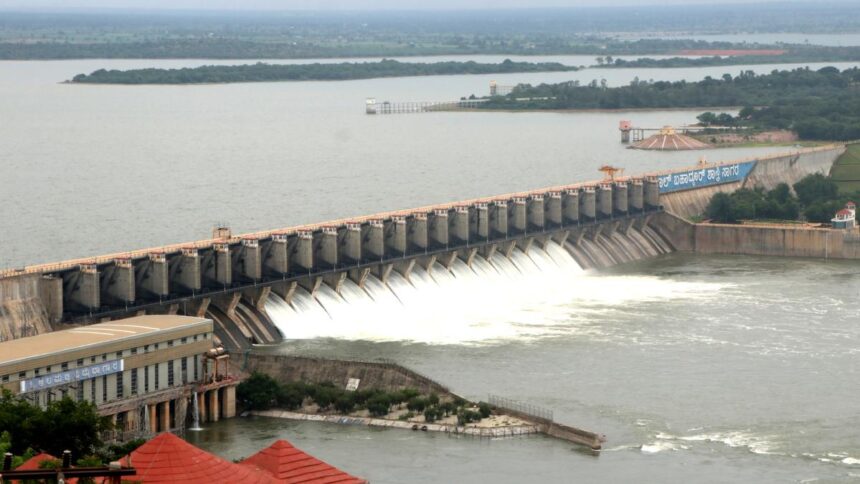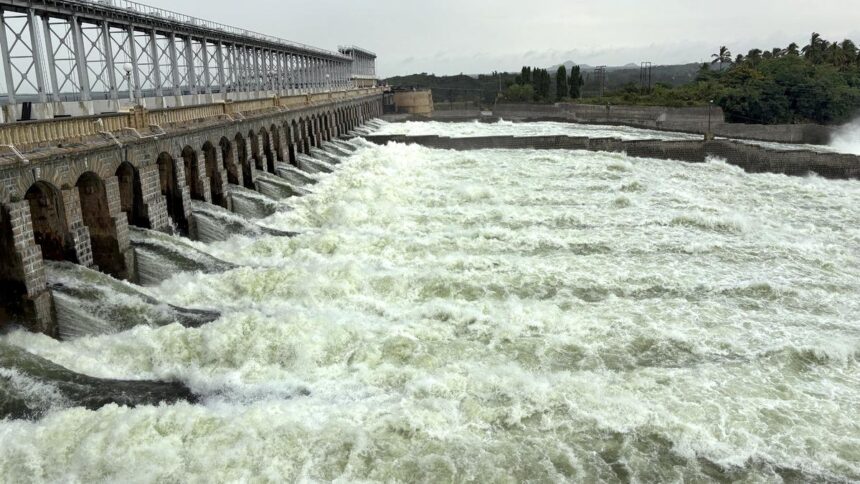
Lawyers outside the Supreme Court of India. File
| Photo Credit: Deepika Rajesh
The Supreme Court on Tuesday (August 5, 2025) said a provision in an anti-corruption law which mandates prior sanction before prosecuting public servants serves to protect honest bureaucrats from becoming victims of political vendetta after a regime change.
Section 17A of the Prevention of Corruption Act, 1988, introduced in July 2018, bars any “enquiry or inquiry or investigation” against a public servant for recommendations made in discharge of official duties without prior approval from the competent authority.
“Honest officers who do not toe the line after a change in government will be protected,” Justice K.V. Viswanathan, part of a Bench headed by Justice B.V. Nagarathna, observed.
The court was hearing a petition filed by the non-profit organisation Centre for Public Interest Litigation, represented by advocate Prashant Bhushan, challenging Section 17A. Mr. Bhushan argued the provisions crippled the anti-corruption law as sanctions were not usually forthcoming from the government, who was the ‘competent authority’. The senior lawyer said the section made the government a judge in its own cause, and must be struck down.
Mr. Bhushan submitted that only about 40% of the cases, that is involving the Central Bureau of Investigation (CBI), got prior approval under Section 17A for investigation. “States are not granting sanction,” he submitted. He suggested giving the power of prior approval to an independent body.
Strike a balance
The Bench, however, said rather than “throwing the baby out with the bathwater”, the court would examine if a balance could be struck.
“There are officers who give their life and soul to the country. How does we ensure that they do not become prey to frivolous prosecution for their official actions or recommendations made in the line of duty,” Justice Viswanathan observed.
Justice Nagarathna remarked that the court cannot approach the issue with a preconceived notion that “all officers were dishonest or all of them were honest”.
“Honest officers must be protected while dishonest ones must be investigated. The former must not do their work with a Damocles sword hanging over their heads. Their hands should not shake before taking an official decision or we would run the risk of complete policy paralysis,” Justice Nagarathna observed.
The judge said a provision cannot be held bad in law because its implementation may lead to abuse.
“The implementation of a provision on the ground is quite different from the question of its constitutionality. Ultimately, a balance has to be struck,” Justice Nagarathna observed.
Appearing for the Union government, Solicitor General Tushar Mehta and Additional Solicitor General Aishwarya Bhati said without the shield of Section 17A, anybody with a grudge against a public servant could rope in an NGO to file cases against the official.
When Justice Viswanathan said sanction may not be forthcoming from the government against its “blue-eyed boys and girls” in the officialdom, Mr. Mehta responded that it was true in all three branches of governance.
He said that such cases could be challenged in court on a case-to-case basis. He urged the court not to legislate and strike down Section 17A. “He [Bhushan] cannot ask the Supreme Court to assume legislative functions,” the top law officer submitted.
The court reserved the case for judgment.
Published – August 06, 2025 03:50 am IST




















